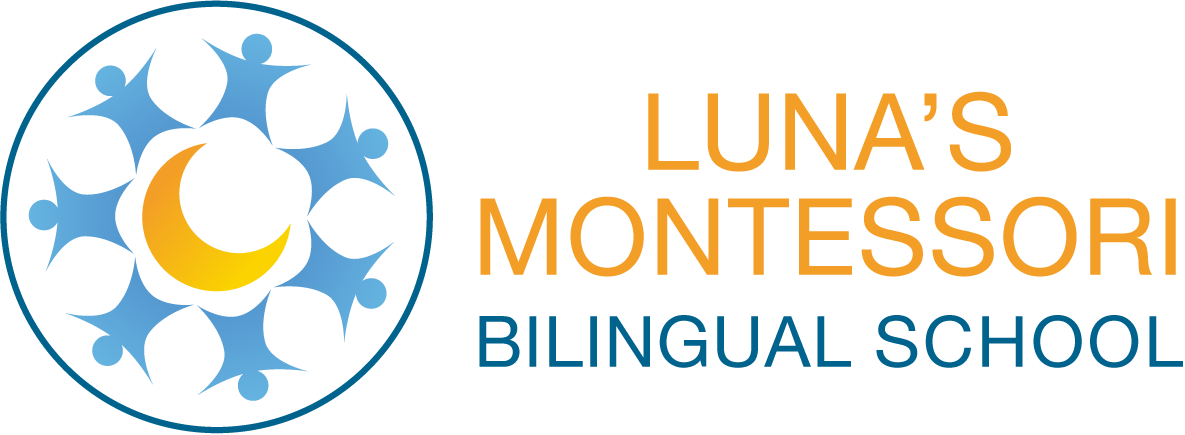Bienvenidos a la escuela bilingue – Luna’s Montessori!
Welcome to Luna’s Montessori Bilingual School!

The idea of the introduction to a second language, in this case Spanish may seem a little strange, especially if you as a parent do not posses the Spanish as a second language, but for children the second language comes so naturally and they enjoy the challenges of learning a special skill. A young child learns so much in his/her formative years that a second language is just accepted as another fun challenge amongst many others in their early childhood.
Spanish Introduction means that your child is surrounded by the Spanish language during his/her preschool day.
New-comers to class will immediately be hearing Spanish words. However, the teacher will utilize English as required to ensure children understand the rules and expectations, get to know their teacher and feel comfortable.
If the teacher believes that a child does not understand certain Spanish expressions from the context, it will be explained briefly in English, before resuming in Spanish. This will ensure that no child feel “lost or confused”. Teachers always make sure your child feels comfortable and secure at his/her preschool.
The preschool Bilingual Program is designed for children who do not yet understand nor speak Spanish, and will suit those children who already have knowledge of the Spanish language.
Frequently asked questions:
No, in fact the majority of our students have American and English-speaking parents.
The earliest a child learns a language, the better. Studies have shown that children, who learn another language before the age of five, learn with the same part of the brain that they use to speak their mother language. Younger children are without inhibitions and so will speak naturally and with native-like pronunciation.
Many children drive benefits from early second language instruction, such as improved overall school performance, superior-problem solving skills, more creativity and an improved approach to complex matters.
Furthermore, learning a second language, like learning any skill is a wonderful opportunity to keep young “sponge-like” brains active and stimulated, setting a good habit for later life. It is said that even if a child discontinues the practice of a second language, some benefits will remain with the child.
In addition to developing a life long ability to communicate with more people, children may drive other indirect benefits such as self-confidence, awareness of other cultures. Knowing a second language does prepare us better for life in the multi-cultural, multi-lingual world of the twenty-first century, and can provide a competitive advantage in the workplace.
In most cases, learning another language enhances a child’s English ability. Comparing two languages system aids with the understanding and use of each. Reports have demonstrated that children who learn a second language earn higher SAT scores.
There is no evidence to suggest that. A child doesn’t have to be exceptional to become bilingual; as long as the child is exposed to two languages throughout early childhood, he or she will acquire them both. Additional activities at home are not required for a child to successfully learn a second language; however, we can advice you in this regard if you wish to enhance your child’s experience.
Should you have any questions at all please do not hesitate to contact Abby Luna at (510) 521-2354 or (510) 502-2922 or e-mail
abigail@lunasmontessori.com

